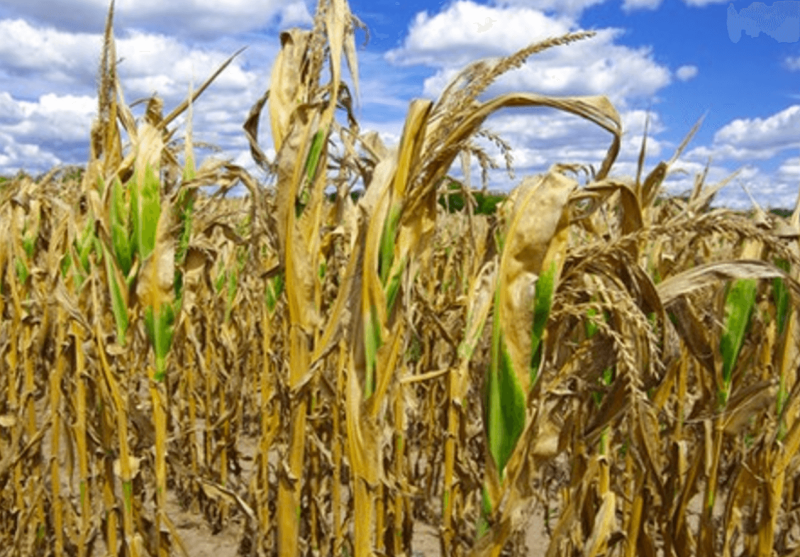Those of us who try to monitor the torrent of climate change studies frequently come across various projections that just seem like a total waste of their researchers’ time. The impacts of future climate change on crop productivity nearly a century hence is one such area. …[A] new study in Nature Climate Change purporting to predict that wheat yields will fall by 4.1 to 6.4 percent for every 1℃ increase in global average temperature. … While these projections claim to take into account efforts to adapt, the researchers all seem to be technological pessimists who more or less assume that farmers and crop breeders will be stuck using techniques and crop varieties not much different from the ones they have now.
Actually, crop breeders in the United Kingdom are already working to create a “super wheat” genetically modified with enhanced photosynthesis. In greenhouses, this boosts yields by 15 to 20 percent …. In addition, the GMO wheat is even more productive when carbon dioxide levels are higher. In South Australia, researchers are figuring out how to add beneficial microbes (endophytes) that boost wheat yields by 10 percent. American researchers detail in … Science how they are working on another technique to boost photosynthesis that could increase yields by 15 to 20 percent.
. . . .
It bears noting that world grain production (including wheat) reached a record high this year … warmest year ever.…
The GLP aggregated and excerpted this blog/article to reflect the diversity of news, opinion and analysis. Read full, original post: Record Temperatures and Record Grain Yields































